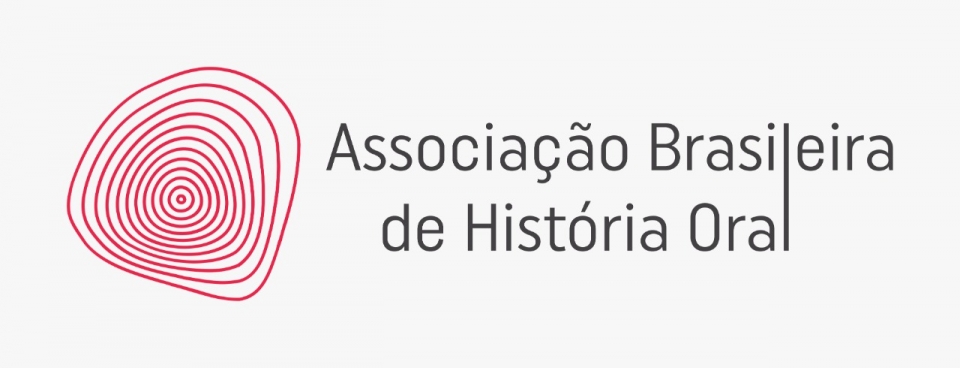22nd IOHA International Conference
-
Oral History in a Digital and Audiovisual World
In July 2023, the School of Social Sciences of the Getulio Vargas Foundation, the Center for Research and Documentation of Contemporary Brazilian History (FGV CPDOC), will host the International Oral History Association’s 22nd Conference, with the general theme “Oral History in a Digital and Audiovisual World.”
Twenty-five years after hosting the 10th International Oral History Conference, in June 1998 in Rio de Janeiro, FGV CPDOC once again hosts the world’s most important meeting of the Oral History community. If back in 1998, a context during which a South American country held the event for the first time, a number of concerns specific to the turn of the millennium were posed to congress participants, we can ask: what about oral history in the present time?
Updating this question more than ten years later, we realize that digital and audiovisual technologies impact and permeate oral history debates around the world. The use of video capture in interviews, documentary production and the potentialities of the digital and the challenges regarding its preservation are some of the concerns we have noticed in conferences and recent oral history projects. Still, the use of digital technologies and videoconference tools in the production of interviews has been employed, with parsimony, since the 2010s.
Yet, the changes caused by the COVID-19 pandemic and the intense displacement flows of people, information, and goods which it caused affected humanity on a planetary scale. They also posed more decisive and unavoidable challenges to globalized society from the point of view of sociability, communication, and human coexistence. The theory and practice of Oral History did not emerge unscathed from the impact of these global transformations. In turn, the constraints imposed by social isolation and the restriction of circulation across territories rushed a series of technological trends that were already in progress, such as the intensification of the use of computer devices, the digitization of knowledge, and the omnipresence of images in social life.
Considering the contemporary issues faced by the world, the 22nd IOHA Conference proposes to reflect on ways to research oral history considering the digital and imagery challenges arising in the early 2020s. Do technology interfaces and mediations dispense physical contact? How are interpersonal and intersubjective relationships between interviewer and interviewee established in the presence of new technological resources? To what extent do computational and film resources impact the methodology of the sound and audiovisual recordings of a given testimony? Will this cause the asymmetries in access to technical-scientific goods between practitioners of Oral History in the North and Global South to become even more pronounced?
FGV CPDOC invites all to participate and join forces in this collective reflection. In accordance with IOHA guidelines, this will be a bilingual, English–Spanish event. The tables and presentations comprise a diversity of topics, both traditional and innovative, all of which are essential to oral history, such as:
- Oral history and digital humanities;
- Narratives in filmed interviews;
- Oral history and politics;
- Oral history and education;
- Oral history, public health, and pandemics;
- Oral history, minorities, and social movements;
- Oral history, gender, and sexualities;
- Oral history, migrations, and inequalities;
- Oral history and indigenous and Afro-diasporic communities;
- Oral history, arts, performances, and sports;
- Oral history and interdisciplinarities;
- Oral history and public history;
In collaboration with
Associação Brasileira de História Oral

Red Latinoamericana de Historia Oral

Embajada de España en Brasil

The views and opinions expressed during the conference tables and exhibitions, as well as the ensuing discussions, do not necessarily reflect the institutional position of the Getulio Vargas Foundation.


